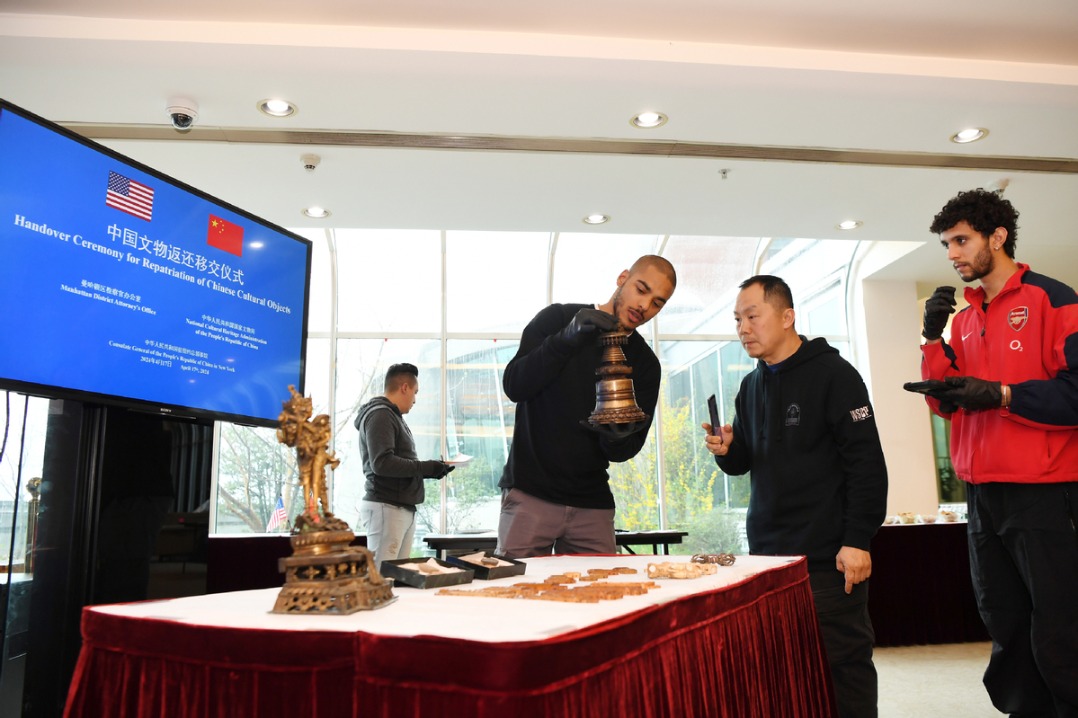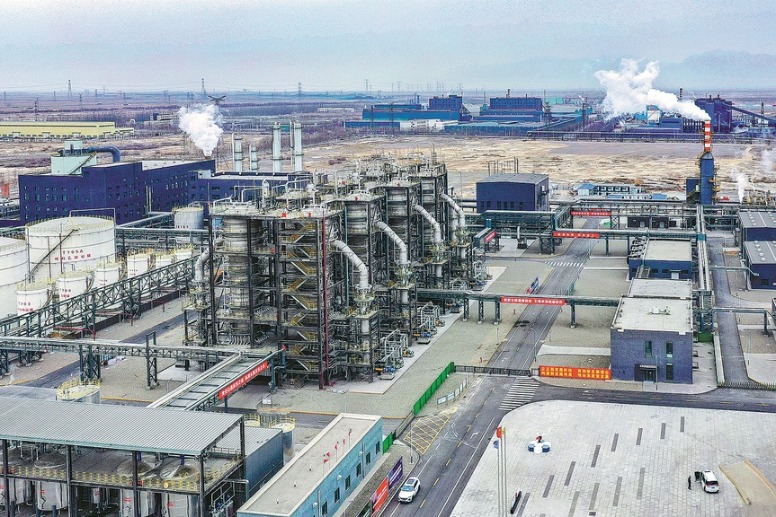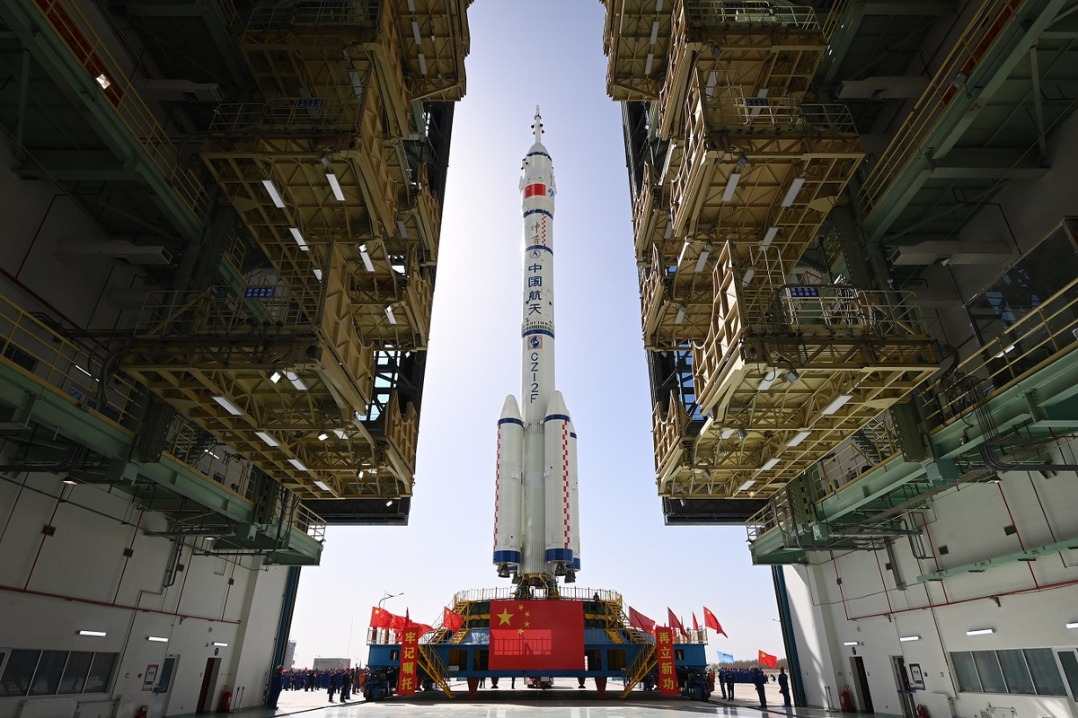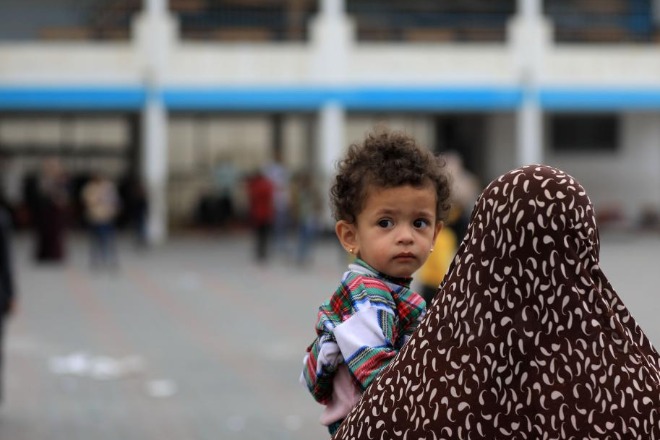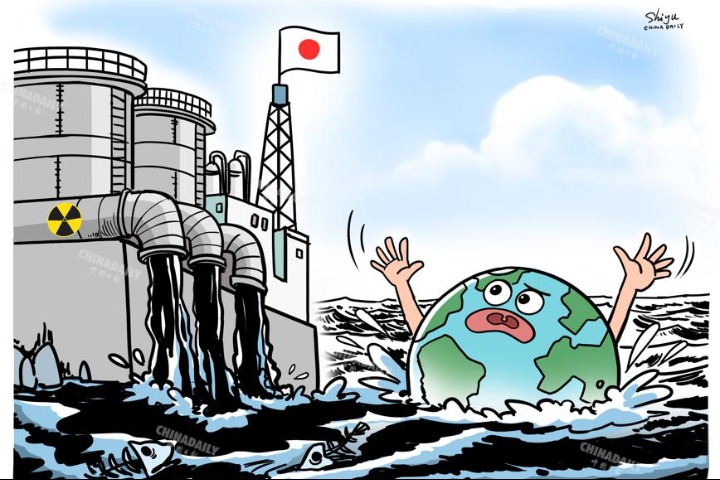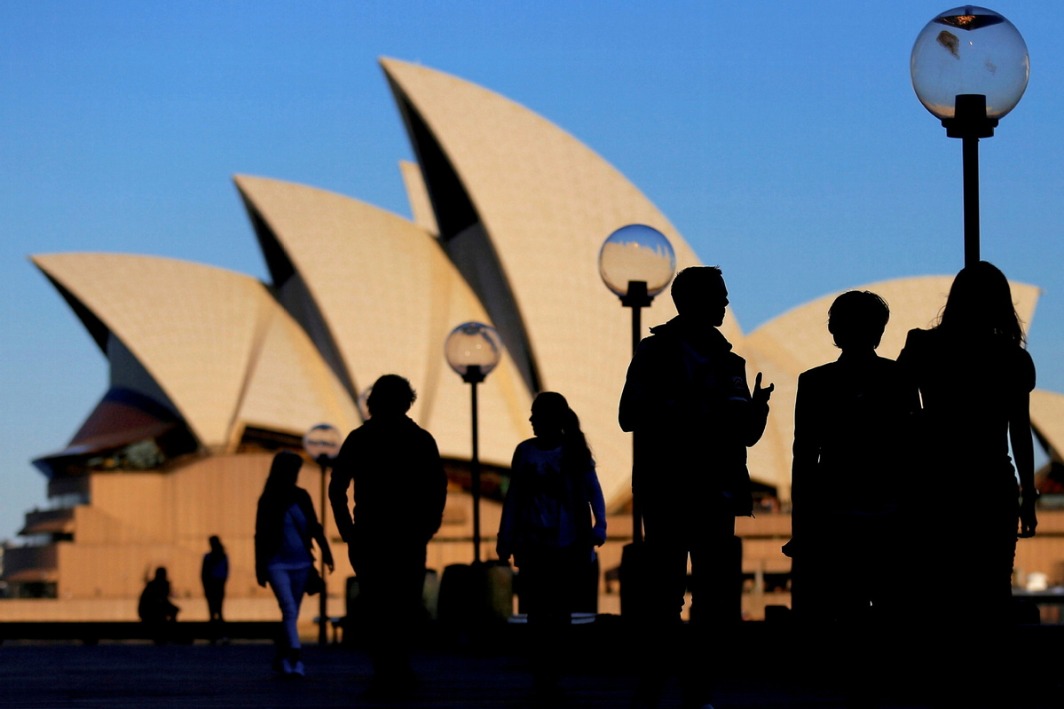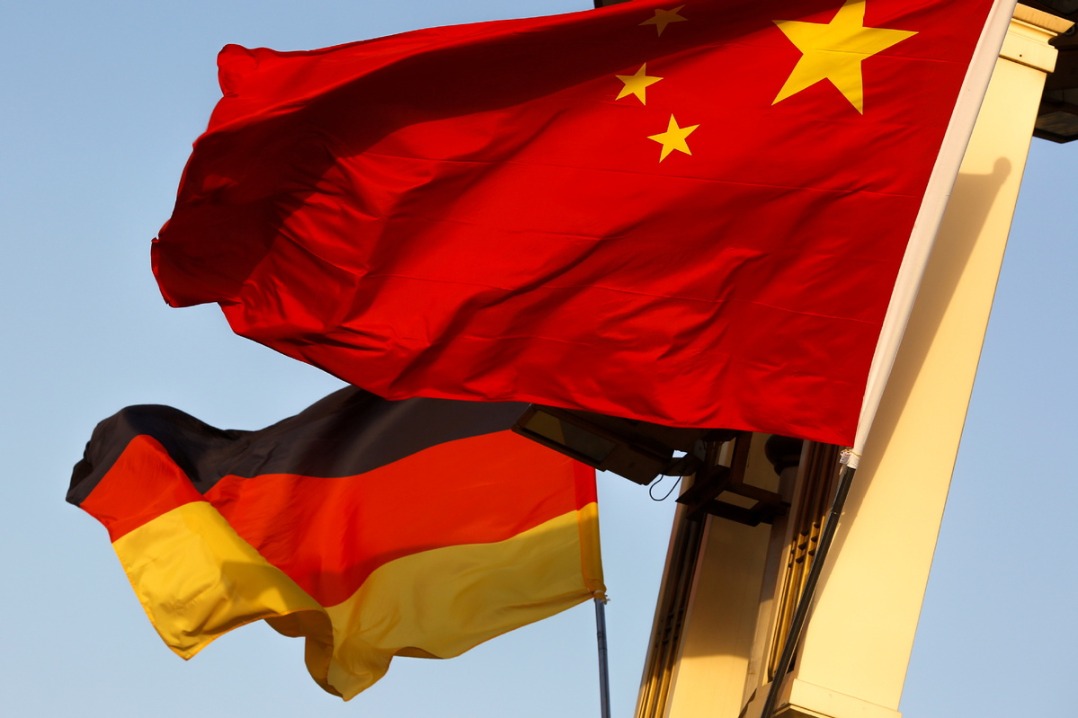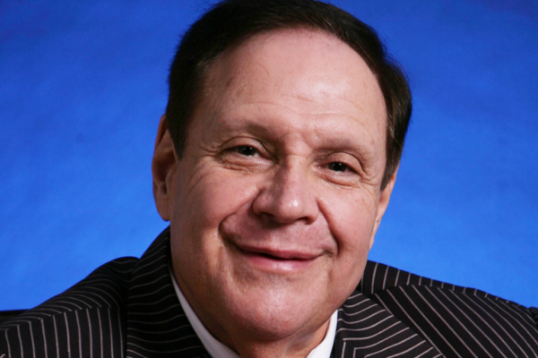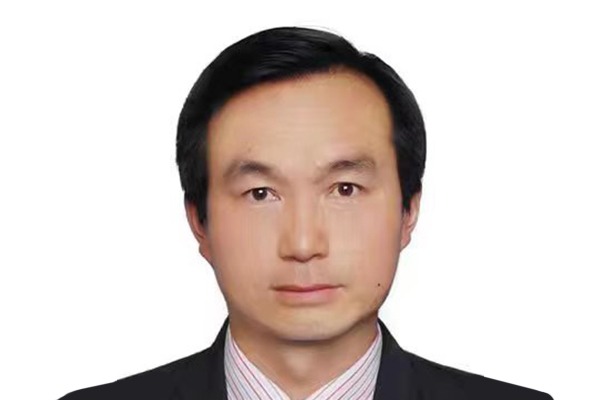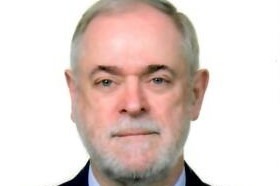Outcome remains as uncertain as Trump-Kim summit itself

Even with just one week to go, there are still doubts whether US President Donald Trump and the Democratic People's Republic of Korea leader Kim Jong-un would ultimately hold their planned summit in Singapore on June 12. On Tuesday, the US said preparations for the June 12 summit in Singapore are going well. But what will the planned Trump-Kim summit yield is as uncertain as the summit itself.
To begin with, there remain huge differences between the United States and the DPRK on denuclearization of the Korean Peninsula, although Kim has pledged to work toward complete denuclearization and negotiate the terms with the US.
In his New Year's speech, Kim said the nuclear weapons program is complete and now the DPRK's focus will shift to economic development. Information gleaned from Kim's two visits to China suggests he has planned "phased, synchronized" denuclearization, for which he seeks the "goodwill" of the US and the ROK as a prerequisite. And his decision to suspend nuclear and intercontinental missile tests does not contradict his assertion that the DPRK has become a nuclear power.
Besides, the Third Plenary Session of the 7th Central Committee of the Workers' Party of Korea in April emphasized that the "denuclearization" referred to by the DPRK is the denuclearization of the entire Korean Peninsula. In other words, it means Washington and Seoul should stop their military exercises if they want to take the peace process forward, and in the long run, the denuclearization process will include the withdrawal of US troops from the ROK.
That denuclearization should be phased and synchronized also means "action for action", that is, the US should lift the sanctions against and guarantee the security of the DPRK.
But Washington's stance is totally different from Pyongyang's. Despite Trump agreeing to meet with Kim, his poor understanding of US-DPRK relations means he has been too quick to assume Kim would accept a deal to completely abandon his nuclear program. In fact, the US strategic community viewed his decision to meet with Kim with suspicion, but by replacing the national security advisor, secretary of state, and ambassador to the ROK, Trump showed he wanted to set his own course. The outside world hopes the backdoor diplomacy will help the two countries to reach a substantive agreement on denuclearization before the planned Trump-Kim summit. But recent developments suggest Washington and Pyongyang have not been able to even narrow their differences on denuclearization.
The US position has been consistent: "permanent, irreversible, verifiable" denuclearization of the DPRK before sanctions are lifted. And to ensure genuine "physical" denuclearization, the US wants the DPRK to follow the Libya model of disclosing its full nuclear capacity and technology, and allowing international inspectors to check its nuclear plants. Pyongyang understands this but, faced Washington's pressure and subsequent changes in relations, it has not agreed to these terms, perhaps because it wants to get more in return for abandoning its nuclear program.
Pyongyang first pledged to work toward complete denuclearization of the peninsula at the DPRK-ROK summit on April 27, which was duly conveyed to Washington by Seoul. But since the tensions on the peninsula have eased-as have the sanctions against the DPRK-Pyongyang no longer needs to disguise the fact that it possesses nuclear capability. It seems the DPRK has gained the upper hand in this round.
However, regardless of whether Trump can swallow this bitter pill, it is not clear what the US' next move will be if the summit is not held or if it fails to yield the results the US desires, or where the US-DPRK ties will go from here. What is certain, though, is that Washington will restart exerting maximum pressure on Pyongyang and raise the possibility of military action again, severely undermining the prospects for denuclearization.
If Washington lowers its expectations and focuses on just the intercontinental missiles aimed at the US, and agrees to phased denuclearization, the possibility of reaching a deal still exists.
The author is chief of US foreign policy studies, Institutes of Contemporary International Relations.
Source: chinausfocus.com

















